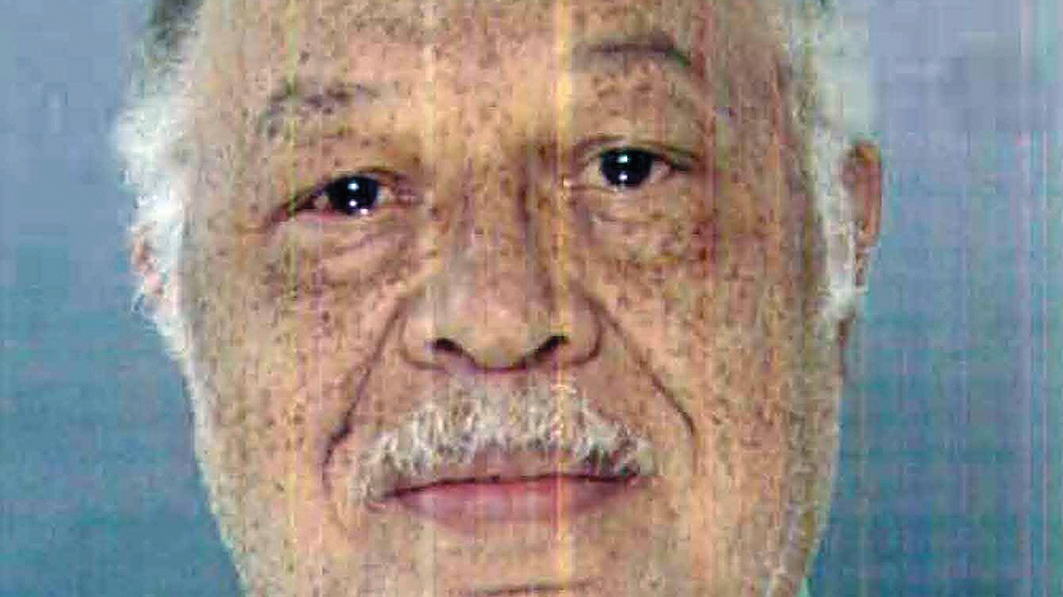David Altrogge was in his favorite Pittsburgh coffee shop one day in early 2011, absently scanning a newspaper someone else had left behind, when he saw it: A little blurb in a column about the horrific things narcotics investigators had found in a Philadelphia abortion facility run by Dr. Kermit Gosnell.
Blood-spattered instruments and blankets. Urine-stained walls. A feral cat wandering the hallways. Animal feces. And jar after jar containing tiny, severed human feet.
“I was just like everybody else,” he tells Citizen, “just horrified and asking how this was happening in Pennsylvania.”
A few days later, Altrogge’s horror turned to journalistic intrigue: A friend in Harrisburg told him press was being allowed into a state Senate hearing where the district attorney would discuss why Gosnell was being charged with eight counts of first-degree murder—one for a woman who died under his care, and the rest for babies born alive whose spinal cords he severed with scissors.
So Altrogge and his friend Mike Hartnett picked up their cameras and headed to Harrisburg. What they heard would change their lives, and obsess them for the next five years.
“It was riveting and terrifying and tragic, and we were in tears,” recalls Altrogge, now 31. “We walked away thinking the fact that this happened in Pennsylvania, and the Department of Health knew and didn’t intervene—we just had to make this film.”
That film turned out to be 3801 Lancaster: American Tragedy, which is being released on DVD and digital on-demand streaming services on April 5.
From the Source’s Mouth
If this all sounds vaguely familiar, there are good reasons: A 20-minute version of the movie won Best Short Film at the 2013 Justice Film Festival, and the full 60-minute version has been screened in about 50 theaters nationwide since last November, thanks to committed grassroots efforts.
Though both versions feature interviews with the women who survived their visits to Gosnell’s facility, the full-length version includes investigators and detectives, as well as something no one else has been able to get: Interviews with Gosnell himself, who refused to take the stand as his trial concluded three years ago this month. He was convicted of the murders of three babies born in his facility and involuntary manslaughter of the woman.
“We were wrapping it up and thought we’d just write him and see if he’d talk,” Altrogge says. “We were getting ready to release the film without him when we got a letter from him saying, ‘I’m willing to talk to you guys.’ So we had to put the brakes on it to see what he had to say.”
Altrogge and his team—Hartnett and producer Jen Brown, both 30—spent a year building a transparent relationship with Gosnell, “being very honest about what the project was.” Between February and August 2015, they recorded 20 interviews with him—done in 15-minute increments due to the prison phone call protocol.
“It was a very different interview process for us,” Altrogge recalls. “We usually talk to someone for a few hours, but this gave us the unique opportunity to really digest what was discussed in the interview, think about it, and then craft some more questions.”
A Rational Man
“It was pretty remarkable and mind-blowing for us to hear him talk about why he did what he did,” Brown tells Citizen. “It was pretty hard to hear.”
But it was what Gosnell wasn’t that most surprised Altrogge.
“The media had painted him as this B movie monster. I was surprised by how intelligent he was, how charming he was, how long and hard he’d thought about what he did. What was most sobering to me was that he was a really intelligent man who wanted to help his community, and somehow these ideologies that he bought into led him to do these horrible things. You talk to him and he doesn’t sound like a crazy man. He sounds very rational and collected, and has thought these things out.
“Then you see the photos from inside the clinic and hear the testimony of the women who went to him and you go, ‘Wow! What did he believe as truth that justified doing these horrible things?'”
3801 Lancaster is the first major documentary the trio has put together, and they’re cagey about discussing their own views on abortion with the press.
“Our goal is to let the people in the story who suffered so much at the hands of Dr. Gosnell be the voices that speak in the film, and not our own,” Brown explains.
With that in mind, the movie asks some important questions that are up to viewers to answer for themselves.
“It’s been exciting to see people who’ve said, ‘What can I do about this?’ ” Brown tells Citizen. “We’ve heard from people who’ve gone on to contact their representatives to make sure nothing like this does happen where they live. That was our goal going into it: No more Gosnells. This should never happen to another woman or another baby.”
“I think people will come away really wrestling with why did this happen?” Altrogge says. “What were the political forces that allowed Kermit Gosnell to do the things he did? Is the real villain Kermit Gosnell, or the state agencies tasked with the oversight of protecting society from the Kermit Gosnells? He could have been stopped over and over again, and for very political reasons they said, ‘No.’
“I hope people on both sides of the abortion issue will watch this film and grapple with the facts of it.”
For More Information:
To hold a screening of 3801 Lancaster: American Tragedy in your town, or to order a copy on DVD ($14.99, plus shipping and handling), visit 3801lancaster.com.
Originally published in the April 2016 issue of Citizen magazine.






